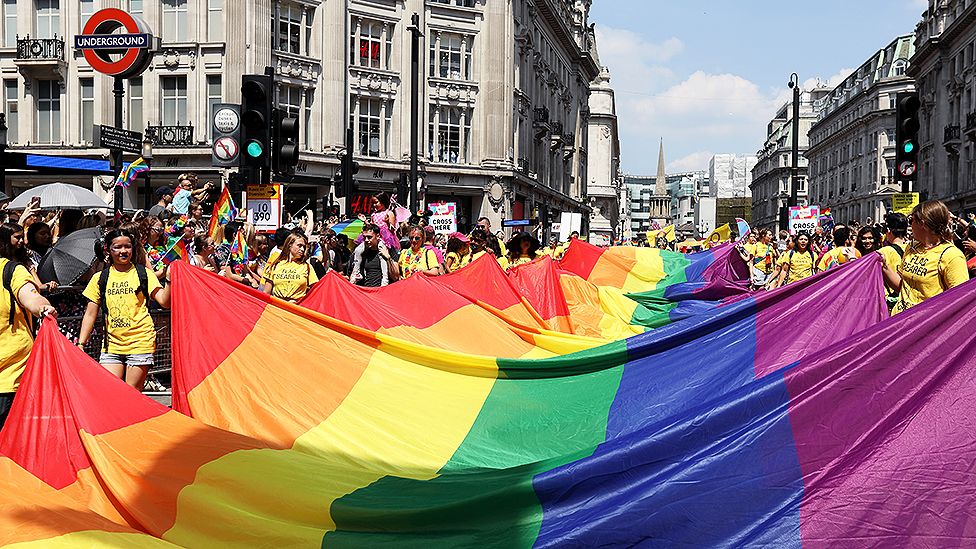“It was an internal struggle,” she says. “Learning biology at school, we’re taught that we’re supposed to be attracted to the opposite sex. To procreate.
“I used to hate myself for finding other women attractive.”
Soon, Suman’s grappling with her sexuality began to take a toll on her mental health.
“I hated myself initially. I thought that it was unnatural, that it wasn’t right; that I shouldn’t be feeling these things. I didn’t want to admit to myself that I wasn’t anything but straight.”
Suman – whose parents are both from India – also acknowledges that it wasn’t only societal barriers blocking her path to self-acceptance, and a greater understanding of her developing sexuality. But cultural barriers, too.
“Sexual orientation that differs from the norm is a difficult topic in my culture – because nobody talks about it. It’s very hush hush.”
Suman identifies as pansexual.
Pansexualism is a romantic, sexual, or emotional attraction to people of all genders – regardless of their gender or sex identity. Someone who identifies as pansexual may find males and females – as well as gender-fluid people, and those who identify as agender – equally attractive.
Pansexualism pushes back against the notion that gender and sex have to be the determining factors in romantic or sexual attraction. And many people who identify as pansexual – including Suman – describe themselves as gender-blind.
“For me, pansexualism means I see people as just that – people. As human beings defined by who they are, and not their gender.”
Since she was an early teenager, Suman has known that she didn’t fit into one of society’s neat categories. Today, she’s married – to a man – and notes how because of this, people are still desperate to place her and her sexuality into a distinct, easily definable box.
“Often, people assume I’m straight – simply because I’m married to a man. Which makes me angry and upset. LGBTQIA+ is extremely important to me. It’s a huge part of who I am, and it bothers me that people don’t see me that way just because I’m settled down with a male.”
Historically and culturally, Suman’s sexuality has been something repressed – or even downright rejected – by the people and structures of power around her.
But there’s one place, at least, where Suman can bring herself – her whole self – to everything she does. At ellenor.
“It’s such a transparent, inclusive environment here – I’ve never had any issues around my sexuality. It’s easy talking to my colleagues about it, and the fact that they’re open when it comes to their own sexuality helps a lot.”








